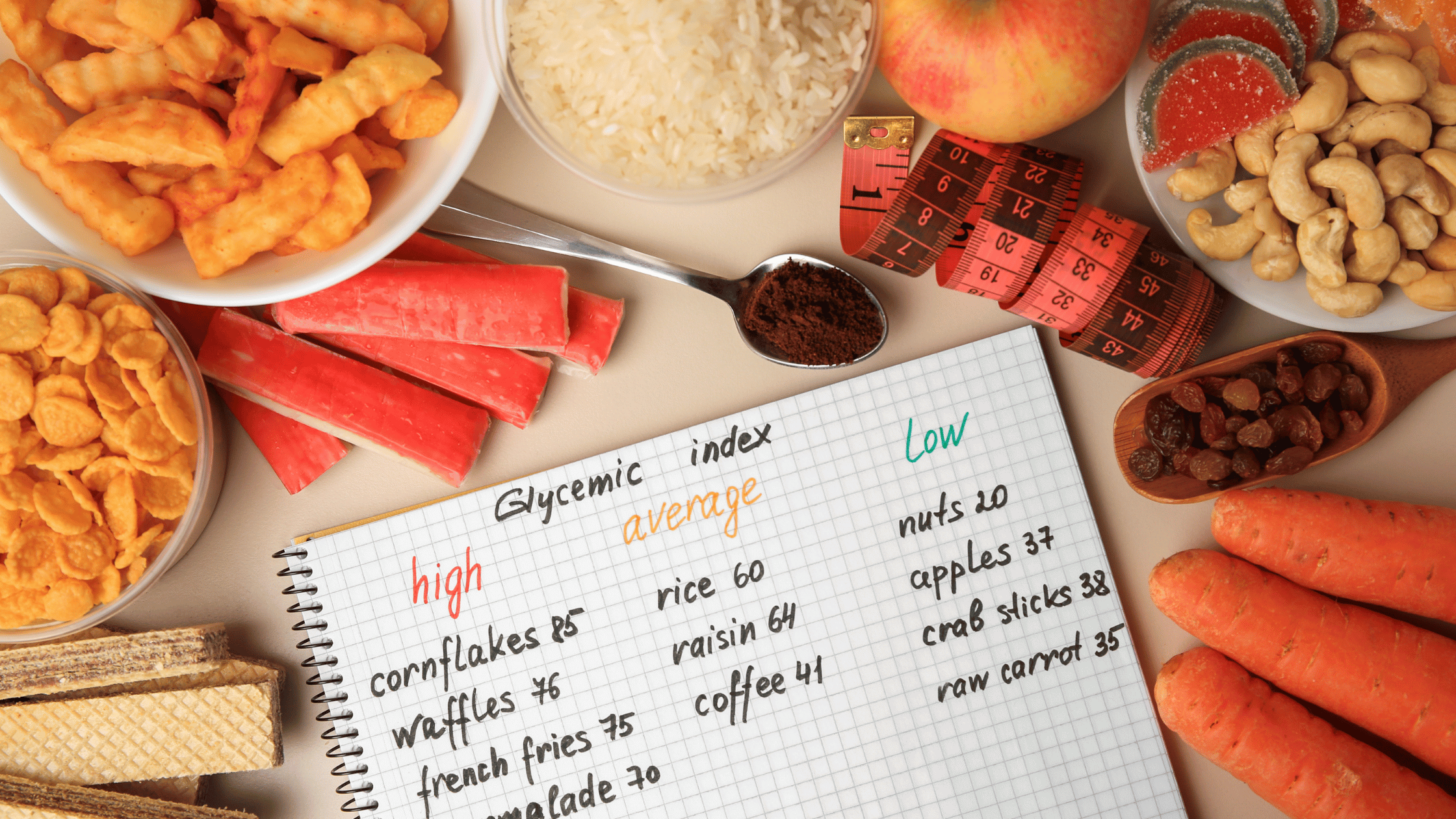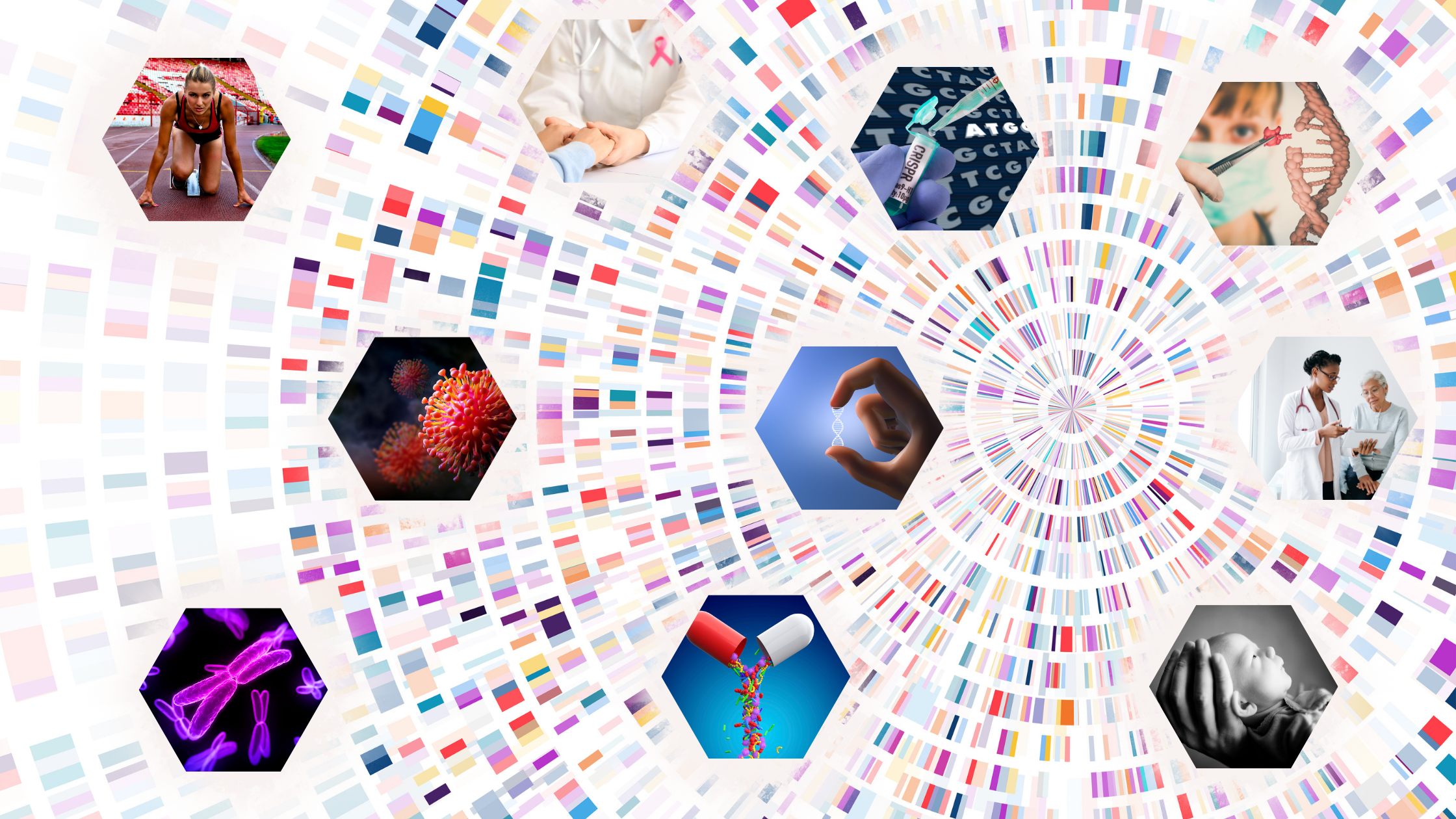Keeping up with Yourself, This New Year with Genomics

New Year resolutions are goals or commitments that people make for themselves at the start of the year with the intention of improving their lives or achieving something.
It can be helpful to set specific, achievable goals when making New Year's resolutions. For example, instead of resolving to "exercise more," you might set a goal to "exercise for 30 minutes thrice a week." Writing down your resolutions and creating a plan to achieve them can also increase your chances of success.
It's also important to be patient and not get discouraged if you don't see immediate progress or if you slip up along the way. Remember that making lasting changes takes time and effort, and it's okay to make adjustments to your resolutions as you go along.
Genomics can help you get on to the right path. Let's take a look at what it can do.
Genomics is the study of an individual's genetic makeup, which can provide valuable information about their risk for certain diseases, their response to certain nutrients and medications, and other aspects of their health. Some people may use genomics to help them achieve their health goals by:
Identifying genetic risk factors for certain conditions: Some genetic tests can provide information about an individual's risk for developing certain conditions, such as heart disease or hormonal disorders. This information can help people make lifestyle changes or seek preventive care to reduce their risk.
Improving nutrition & fitness: Genetic testing can provide information about an individual's nutrient metabolism, which can help them make more informed decisions about their diet. For example, they may learn that they have a genetic predisposition to certain nutrient deficiencies and can take steps to address those deficiencies through their diet or supplements. Or tailor their workouts according to their genetic strengths to achieve their goals.
Personalising medical treatment: Genetic testing can also help doctors tailor a treatment plan to an individual's unique genetic makeup. For example, some people may have genetic variations that make them more or less likely to respond to certain medications, or that may require them to take different dosages.
It's important to keep in mind that genetic testing is just one piece of the puzzle when it comes to understanding an individual's health. Lifestyle factors, such as diet, exercise, and stress management, also play a significant role in overall health and well-being. So let’s begin 2023 with an edge of science to it!

The Gene Box





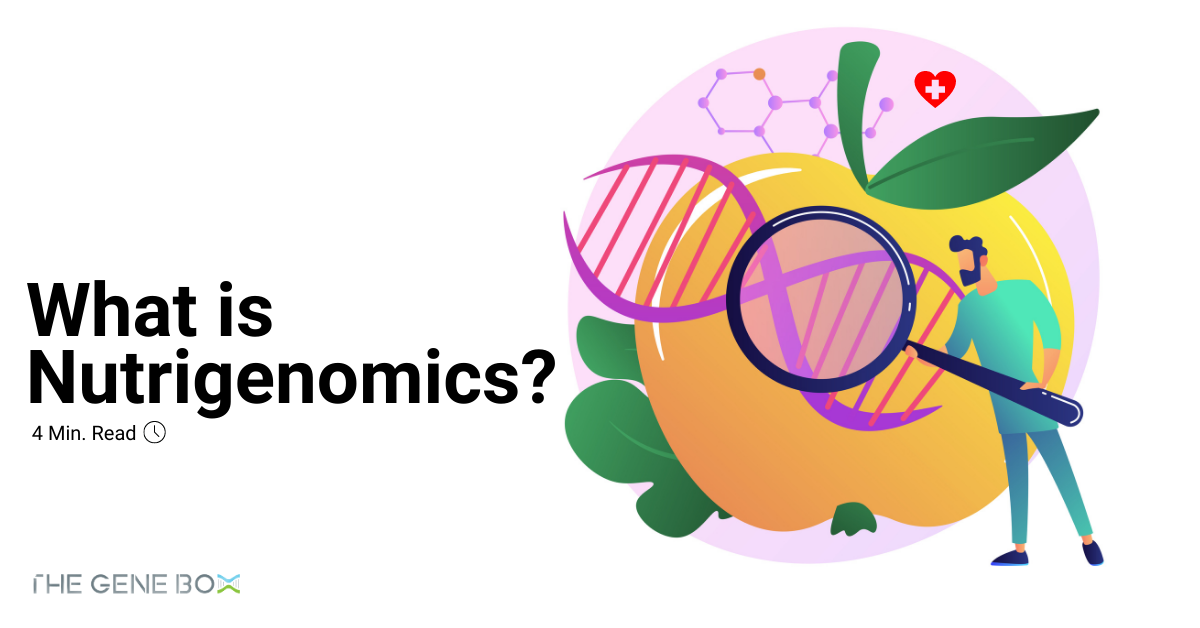


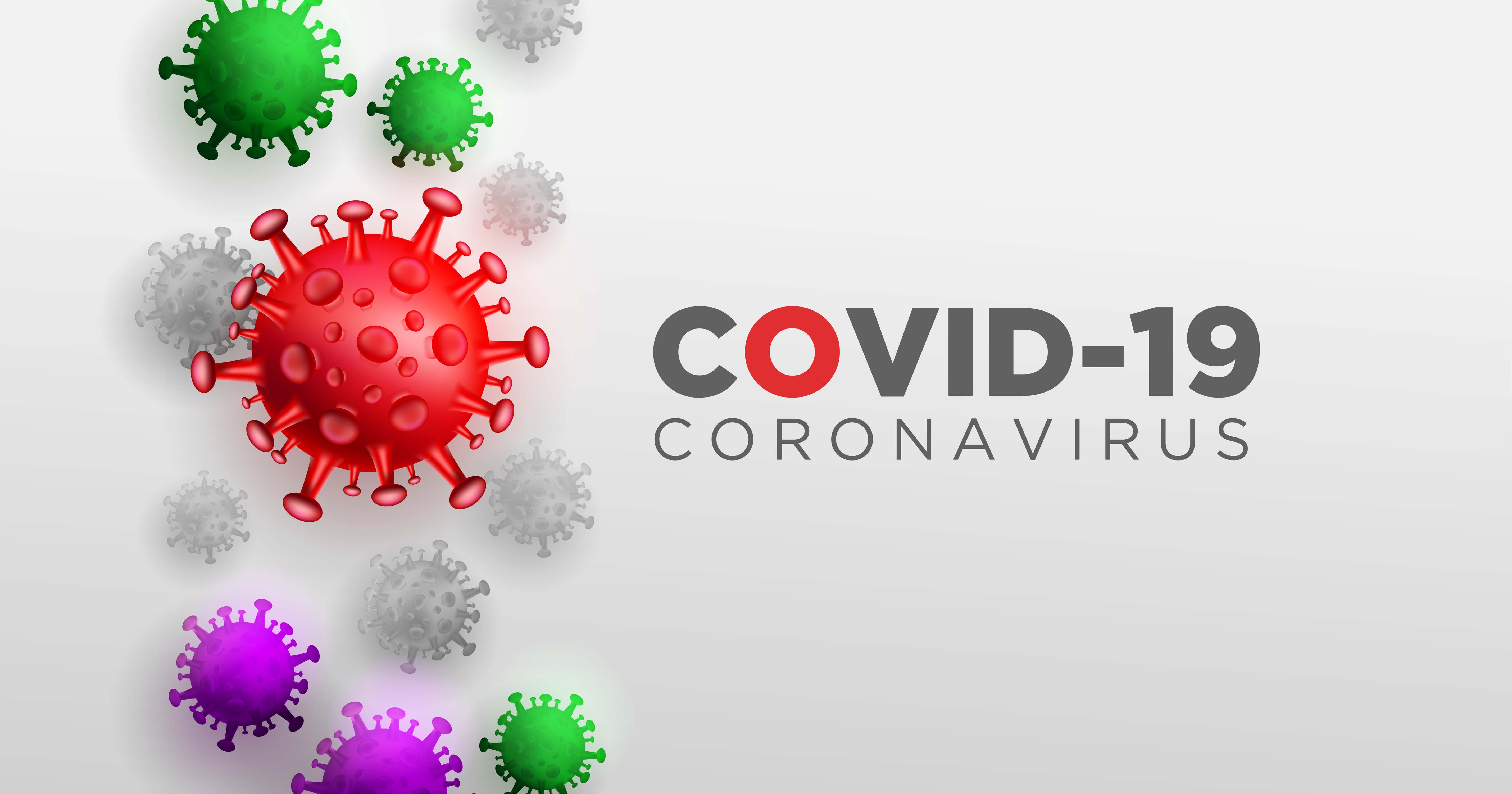
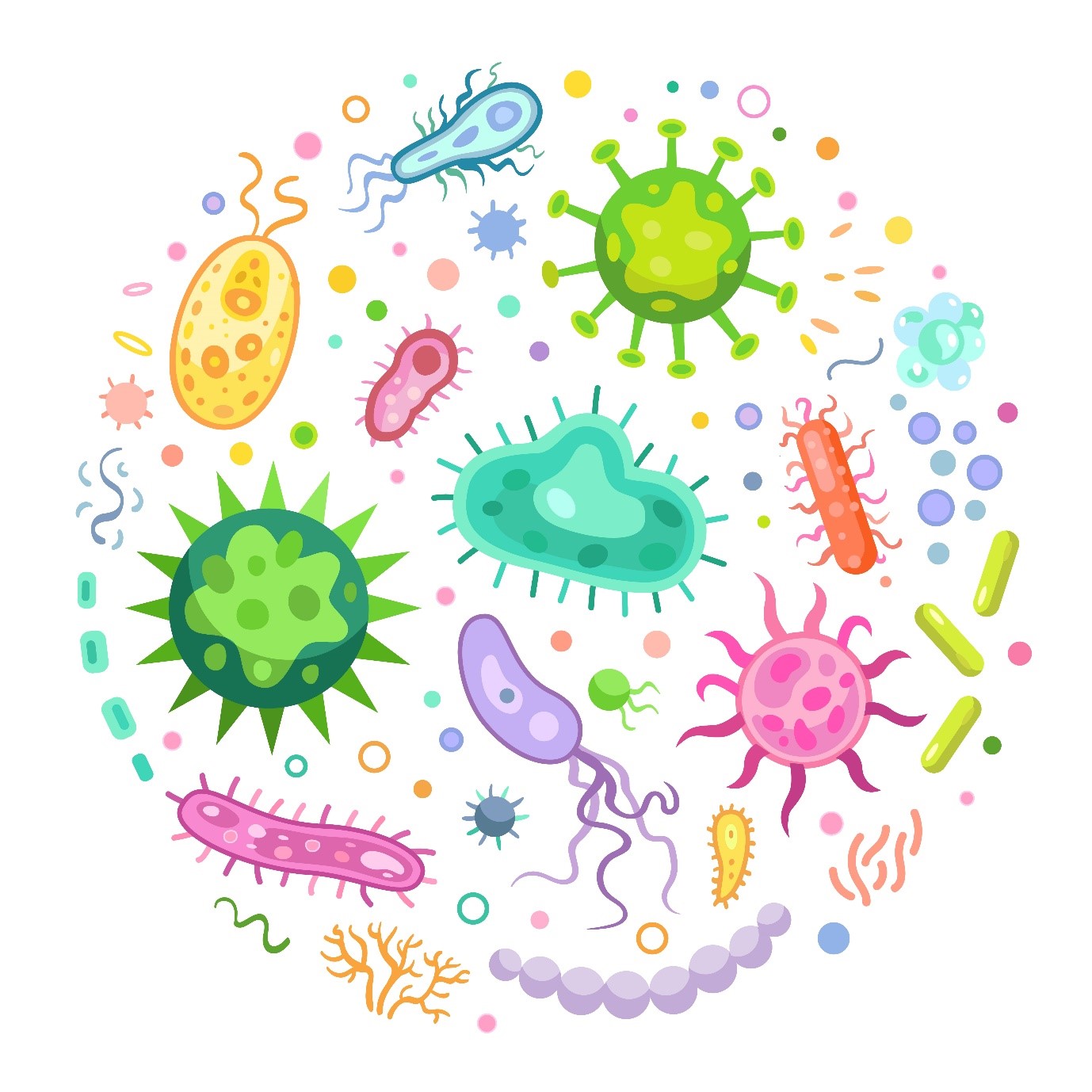

.png)





























